The Commons
The commons can be defined in different ways. A dictionary-like definition is: “the commons refers to a special type of assets that are not privately owned and at the same time belong to everyone, such as the beach, the air, the groundwater, the street, the Bible and the Internet.”
But we can also characterize it as “everything we have inherited or created together, and that we are responsible to pass on to future generations in an improved, or at least not degraded state.”
And no less important, a definition from the perspective of promoting sustainability: “a self-organizing system in which communities manage their resources in a way that fosters shared values and community identity, without the intervention of the state or the market.”
The commons is a key concept that suggests a new model for looking at the relationships between environment, society and economics from a comprehensive perspective.
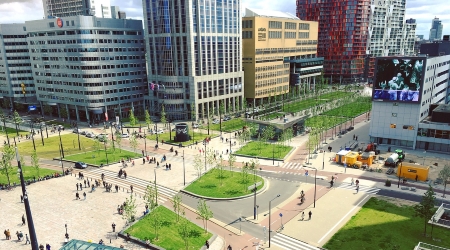
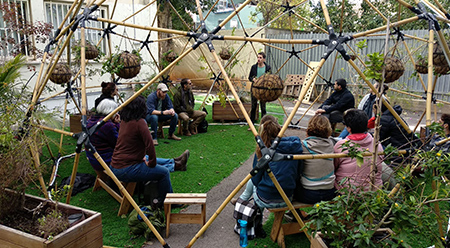
Ecological Footprint
A metric developed by William Reese and Mathias Wackernagel that provides tools to quantify our environmental impact on the world.
Instead of asking “how many people can live on the earth” (the carrying capacity of the planet), the ecological footprint measures our consumption and technologies, translates them into commensurable land-based units (the amount of space needed to produce these services), which then allows us to answer the question: “How much space is needed to support a given number of people living at a given standard of living?” The argument that “if the whole world lives like Americans we needed 4-5 Earths” – comes from this measure.
The Third Paradigm
The idea of the three paradigms appeared as an introduction to our report on environmental education for the Cummings Foundation in the early days of the Heschel Center, which spelled out the vision we want to promote and how to implement it.
The third paradigm, which we call now “broad sustainability”, emphasizes an integral vision of a robust and democratic economy, serving a just and cohesive society, which exists in a productive, diverse and healthy environment, for everyone now and for coming generations.
This approach puts emphasis on the local level, strengthening communities and the relationship between people, as well as the relationship between humans and the world.
This is in distinction to the “first paradigm, which emphasizes nature preservation (open spaces, wilderness, biodiversity, nature “out there” – somewhat ‘romantic’ and biocentric) and the second paradigm which focuses on environmental quality (pollution, resource depletion, public health, rational and science based, and anthropocentric). The third paradigm is more social, communal and holistic.
Understanding that the world, including Israel, has gone through past historical phases in thinking about nature and the environment, and the focus of environmental activism, and that these stages have created paradigms of thought, has become common knowledge, in the sense that many cite or act upon it, without knowing that this is an approach derived from the Heschel Center’s work. For example, the Green Book of the Jewish Funders Network (JFN) begins with a historical account of environmental activity in Israel, following this approach.
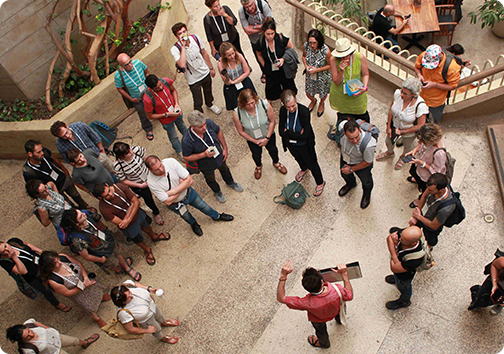
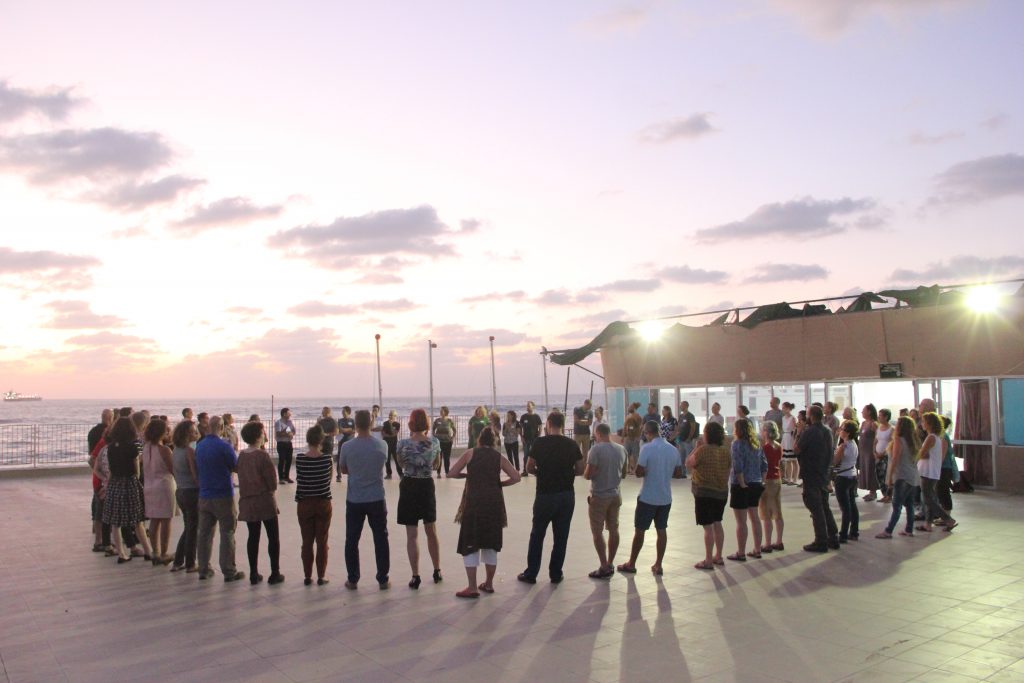
Local Sustainable Economy
Local sustainable economy (LSE) is an approach to economic and social development that emphasizes the development of small and mid-size businesses on the local level. A local economy is like a “leaky bucket” when residents buy from large networks and their money leaves the community to those corporations. It is often argued that there is a need to transfer resources from the center to the periphery, and that does exactly the opposite. In this area, there are many tools to assist local development, from incentives and assistance in building local businesses to the development of local complementary currencies.
Local Sustainable Education
Local sustainable education is another result and application of the “third paradigm” (see above), the importance of strengthening the local roots of our actions. Much of our education is “generic” – general occupations, regardless of identity or roots. Just as there is literacy in reading and writing, there is also a need for ecological literacy, that is, how to live in a place. And what is “a place”? Space + identity. The requisite knowledge is a combination of all aspects of sustainability, applied to a specific place. Education for sustainability (as a concept) is far beyond environmental education (as a profession), and local sustainable education puts everything on eye-level: how to keep and nurture “the house” which is everyone’s home.
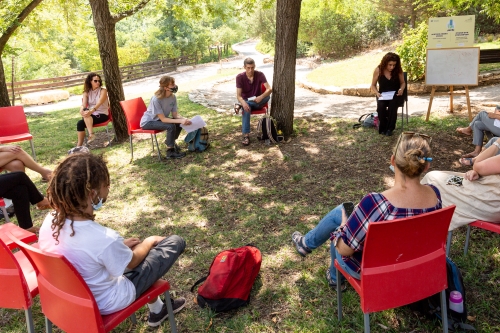

Criticism of Consumer Culture, and the idea of Sustainable Consumption
There are two main factors responsible for the lack of sustainability in the world, and of our society within it: population growth, and consumer culture. Both have powerful proponents who believe that, although nature does not have anything that grows or expands forever, somehow this law is not applicable to humankind, that both the quantity of people and our appetite for economic growth can grow indefinitely. In the case of consumer culture, this is a feature of Western industrial civilization of the last one hundred years, and has fateful environmental, social, psychological and political consequences, related to varied pernicious effects – ranging from air and water pollution, through female body image and anorexia, to inadequate urban planning, and more.
